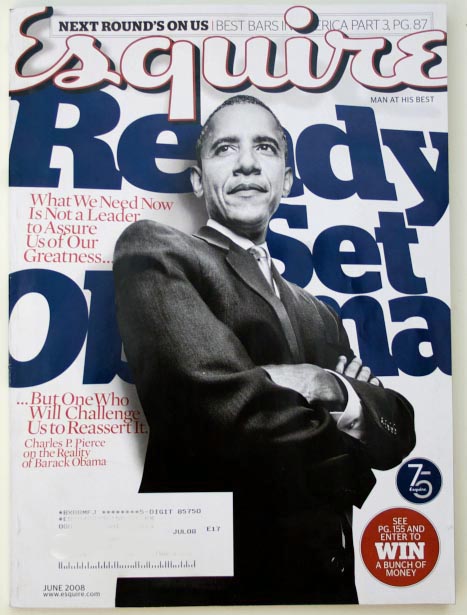The Watcher’s Council has Spoken!
Tuesday, February 2nd, 2010Very cool! I am the proud recipient of a winning non-member post award from The Watcher’s Council:
…..There are many trains of thought on this issue and it is one of the challenges that we must consider in light of the changing political landscape of the United States and the nature of the enemy jihadist that doesn’t share the same values as Americans. For a counterinsurgency strategy to succeed we need to get serious about that reality and consider it within the scope of a global jihad. This requires an understanding that we are not simply faced with local insurgency. Our strategy needs to be adjusted within that context in Afghanistan and Iraq. Otherwise we will continue to suffer the unnecessary loss of American life and civilian casualties without realizing the long term goal of winning the war against terror on all fronts.
Here is the full list of contending bloggers in the member and non-member divisions:
Winning Council Submissions
- First place with 1 2/3 points! – Mere Rhetoric – Wonderful: Iraqis Permanently Scratch Out Ancient Hebrew Inscription Biblical Prophet’s Tomb
- Second place with 1 1/3 points – with 2 points! – American Digest – Obama: Working the Enemies List
- Second place with 1 1/3 points – Bookworm Room – Obama’s Self Love
- Third place with 1 points – (T*) – Joshuapundit – Lexington And Concord Revisited – The Brown Upset and What It Means
- Third place with 1 points – (T*) – The Razor – Obama Vs. The People
- Fourth place with 2/3 points – (T*) – Soccer Dad – Profile of an international first responder
- Fourth place with 2/3 points – (T*) – Right Truth – The London Conference on Afghanistan and Yemen – Look who’s coming to dinner!
Winning Non-Council Submissions
- First place with 3 points! – Zenpundit – The Post-COIN Era is Here
- Second place with 2 1/3 points – Victor Davis Hanson – Let Me Be Perfectly Not Clear
- Third place with 1 points – Bob McCarty Writes – Terror, Travesty and Tales of Suppressed Evidence
- Fourth place with 2/3 points – (T*) – Founding Bloggers – A Challenge For Pro-Life Conservatives
- Fourth place with 2/3 points – (T*) – Commentary Contentions – From Disgusting to Odd
- Fifth place with 1/3 points – (T*) – Gateway Pundit – Heartless Progressives Send Message to Tim Tebow: We Wish You Were Never Born
- Fifth place with 1/3 points – (T*) – Andrew Klavan – Inglorious Malarkey
- Fifth place with 1/3 points – (T*) – The Truth According to Mark – The Republicans’ Dilemma
Thank you to The Watcher’s Council and to Dave Schuler for nominating me!


 and Marine corps have suffered enough casualties to have learned it the hard way. And quite honestly, Gates needn’t worry about the defense industry’s willingness to follow the money, because Lockheed Martin and L-3 have been snatching up enough blue-chip companies to prove they can spot the Pentagon’s future funding spigots.
and Marine corps have suffered enough casualties to have learned it the hard way. And quite honestly, Gates needn’t worry about the defense industry’s willingness to follow the money, because Lockheed Martin and L-3 have been snatching up enough blue-chip companies to prove they can spot the Pentagon’s future funding spigots. 

